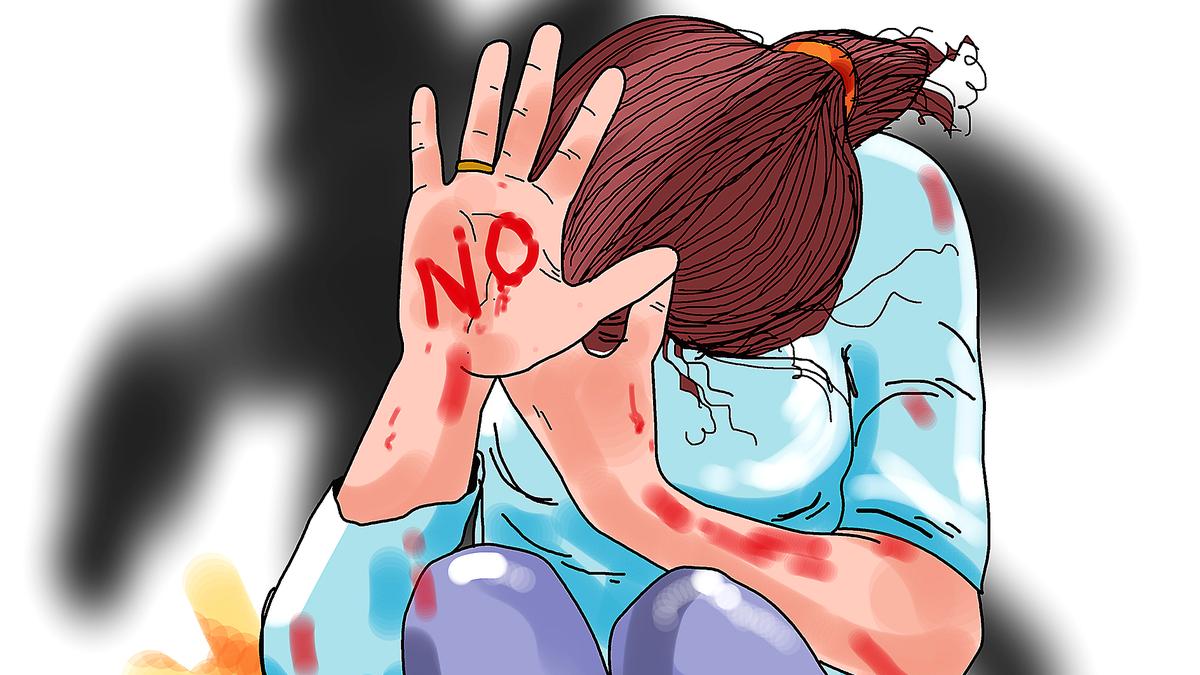
Domestic violence as a workplace issue
The Hindu
In India, a small but growing number of companies are having policies in place to extend support to employees facing domestic violence. HUL launched the policy during the pandemic when a majority of employees were working from home. Urban Company brought its policy in association with Invisible Scars Foundation
Recently, home services provider Urban Company initiated what it calls “Project Nidar” for the benefit of its service partners affected by domestic violence (DV) in the past or present. It even drafted a policy against gender-based violence — a play book on the measures to be taken to help a DV victim. At a functional level, Urban Company has teamed up with Invisible Scars Foundation, an NGO supporting survivors of gender-based violence, to provide counselling, legal assistance and emergency lodging support to its service partners suffering from DV.
Financial assistance towards medical treatment of a service partner hit by DV is offered “beyond the already existing ₹1 lakh insurance cover, and financial aid of up to ₹50,000 to service partners seeking help”, says a communication from the company.
Domestic violence rarely enters the ambit of workplace discussions, as a majority of Indian companies give it a wide berth treating it as a personal issue. Companies that have a policy in place to address it are outliers.
According to National Family Health Survey — 5, over 70% of women that experienced physical violence in major States did not seek help or tell anyone about it, least of all their employers.
Ekta Viiveck Verma, founder, Invisible Scars Foundation, underlines the lack of credible sources of data about emotional and psychological abuse or abuse against men and transgender people. So everyone in an organisation should be sensitised, she adds.
Among signs of domestic violence are absenteeism, deteriorating performance at work and an inability to speak before a team.
Swetha Shankar, senior director — programs, PCVC, says organisations that have polices in place are those that have encountered DV. Indian branches of MNCs usually have a policy, one that reflects their parent company’s.











